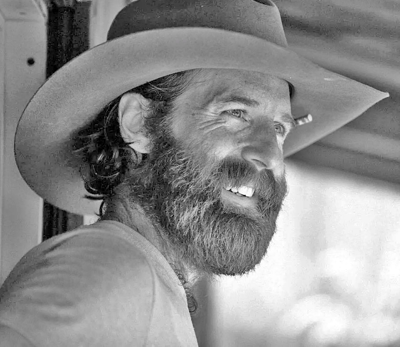I
have here a letter from 19-year-old Erin, who lives in Bristol, Virginia.
“Dear Sean,” she begins, “I want to be happy, but I’m not…
“My family is stressing me out, big-time. Especially my mom. My therapist actually recommended that I write to you, seeing if you have any insightful thoughts about happiness.”
Hi, Erin. My first insightful thought is: Fire your therapist. If he or she is recommending that you reach out to me, your life is in serious trouble.
If you want pure happiness, however, you should visit the guest laundry facility at my hotel. Which is where I am right now.
It’s a room about the size of a residential bathroom. I am trapped in this room with an all-boy soccer team.
There must be 841 little boys crammed in this space. They are loud. They are unbelievably happy. Testosterone waves are crashing against the walls, compromising the structural integrity of the Hampton Inn & Suites.
I don’t know anything about soccer. Namely, because we did not have soccer when I was a kid. During childhood, we only had two choices athletics-wise: (1) baseball, and (2) First Methodist choir.
Naturally, we boys gravitated toward baseball. I loved baseball. Baseball made me happy. I played first base. Granted, I wasn’t great, but I wasn’t good, either.
I don’t mean to toot my own kazoo, but I set a few Little League records. For example: I still hold the record, for example, for eating an entire birthday cake in under two minutes.
But that’s the kind of everyday happiness we experienced as kids. Just like the soccer players in this laundry room. Because when you’re that age, you’re always happy. You’re pretty much cheerful all the time.
Sure, sometimes things stress you out, but almost nothing can threaten your overall kid-happiness. So my question is: Why did we grow up?
The American Psychological Association states that childhood offers unique psychological benefits, such as fewer responsibilities and a greater focus on play, which all contribute to happiness.
But my main question is, what happened to us adults? Somewhere around our teenagehood, suddenly we chose to start living in a world of old people.
Take me. I live in a world of adults. I work in a world of adults consisting mainly of editors and publishers. They are all adulty. At parties, they have leisurely conversations about the global economy, and frown upon making “hand-poot” noises.
But in my life, I have found some who managed to retain a deep sense of immaturity. I’m willing to bet there are some people like this in your life too.
And my advice—to myself—would be to observe these deeply immature people. Watch how they live. Notice how they deal with family.
Notice how few rips they give about washing their car, making their beds, or paying their income taxes. I’m not saying you should imitate these people. But watch them.
I will never forget one of my old editors, for instance, who was an old, grizzled newspaper man. He was the most immature person I knew. And maybe the most happy. Everyone loved him. Wherever he went, a joyous group surrounded him.
One day I asked him what the secret to happiness was. His reply never left me.
“Well,” he said. “To me, happiness is having a large, loving, caring, close-knit family in another city.”
— Sean Dietrich is a columnist, novelist, and stand-up storyteller known for his commentary on life in the American South. He has authored 15 books, he is the creator of the Sean of the South Podcast and makes appearances on the Grand Ole Opry.











(0) comments
Welcome to the discussion.
Log In
Keep it Clean. Please avoid obscene, vulgar, lewd, racist or sexually-oriented language.
PLEASE TURN OFF YOUR CAPS LOCK.
Don't Threaten. Threats of harming another person will not be tolerated.
Be Truthful. Don't knowingly lie about anyone or anything.
Be Nice. No racism, sexism or any sort of -ism that is degrading to another person.
Be Proactive. Use the 'Report' link on each comment to let us know of abusive posts.
Share with Us. We'd love to hear eyewitness accounts, the history behind an article.